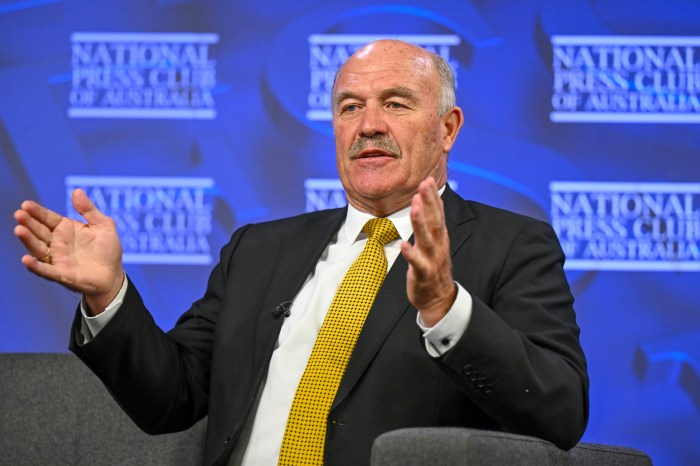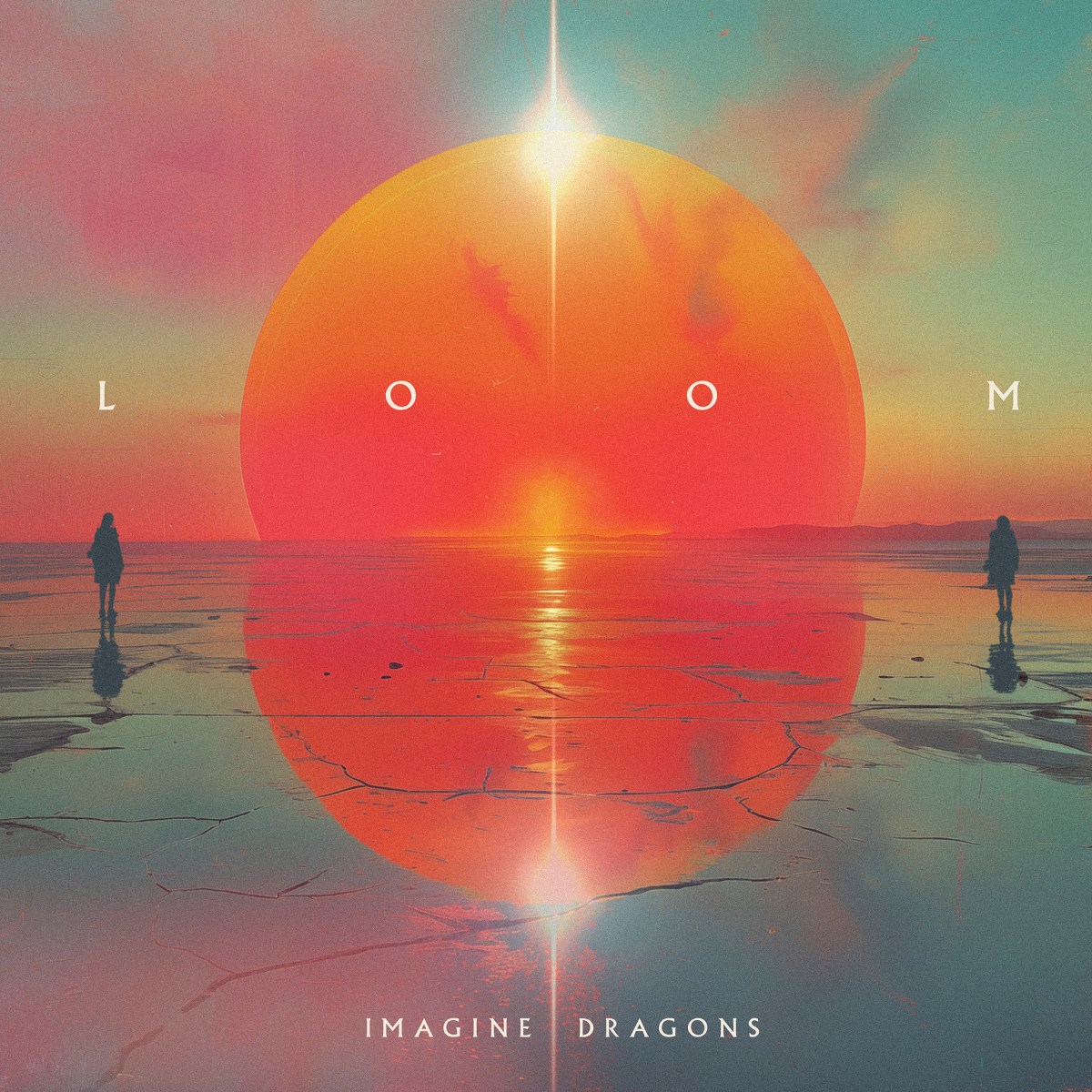 Derek Jarman’s “The Angelic Conversation” features Judi Dench reading Shakespeare sonnets.
Derek Jarman’s “The Angelic Conversation” features Judi Dench reading Shakespeare sonnets.
Credit: Provided
Note: If you came here to stream Derek Jarman’s “The Angelic Conversation,” we regret to informyou that due to a snafu, we are unable to stream it. However, we enthusiastically suggest you get your hands on it anyway. It is available on DVD from Zeitgeist Films, and is available for disc rental from Netflix. We would say the same for any of Jarman’s films, for that matter.
Judi Dench probably won’t be winning an Oscar for her performance in “Philomena” Sunday. (Unless she is. In that case, we’re sorry for presuming otherwise.) But that’s okay — she has an Oscar anyway, for the eight minutes she spent in “Shakespeare in Love.” And she has a rich, not wholly tilled body of work for perusal. Did you know she once played a comely Titania in the 1968 film of “A Midsummer Night’s Dream,” along with Ian Holm and Helen Mirren?
For that matter, did you know that she — or at least her voice — is among the esteemed Brits who worked with New Queer Cinema legend Derek Jarman? In 1985 Dench served as narrator on the filmmaker’s “The Angelic Conversation,” an experimental film he made while awaiting funds for his experimental biopic, “Caravaggio.”
An abstract rendering of a failed love affair between two men (Paul Reynolds and Phillip Williamson), Jarman shot the film on smudgy 8mm. To make them even more dreamlike, he used “step printing,” where only one out of every handful of frames is used, giving it a slow-motion feel.
On top of the images are dislocated sounds, including an atmospheric, often ominous score by the experimental band Coil. Sprinkled throughout are 14 of Shakespeare’s sonnets, read, in pure syrupy goodness, by Dench. She doesn’t oversell them; she simply gives them a euphonious, very English gloss. Many of the sonnets Jarman chose, predictably, are the ones Shakespeare wrote for young men. Others are about the death of love, and of friends, and of regret, wondering if it’s better to have loved at all. (“Lillies that fester smell far worse than weeds,” Dench intones at one point.)
Jarman called it both his “most austeure” work, but also the one “closest to my heart.” In the text of the film, it’s never clear whose this perspective is, though it’s to a degree the director. Jarman, in his 40s at the time, was working through issues of fading youth and fading love, as well as Thatcher-era homophobia, which he, as he always did, combated by putting boldly homoerotic images on screens.
Here, there’s very little actual affection; the people on screen sublimate their lust through wrestling, bathing and ogling. (Only briefly do the images move at the normal speed, namely when the lovers finally take a repose.) Jarman would test positive for HIV the next year; he died in 1994, making his final film (1993’s “Blue”) after his sight had gone. But the specter of death was with him even before he knew his time was more limited than even he imagined.
For more streaming movies, go here.
Follow Matt Prigge on Twitter @mattprigge


















